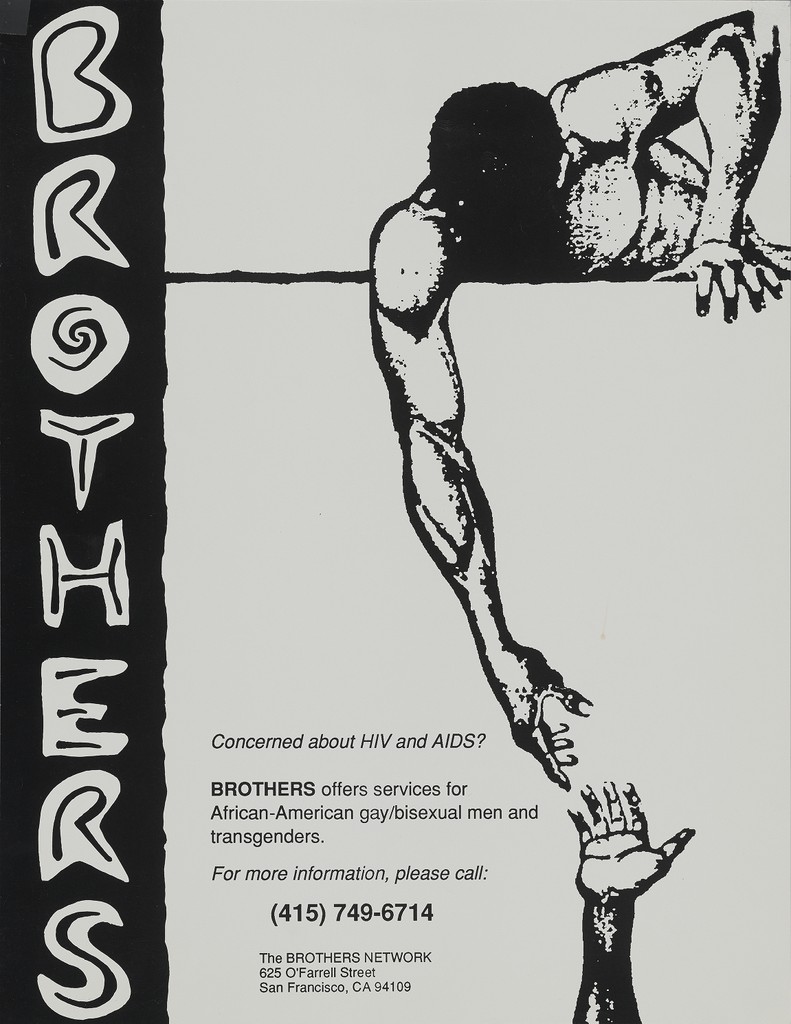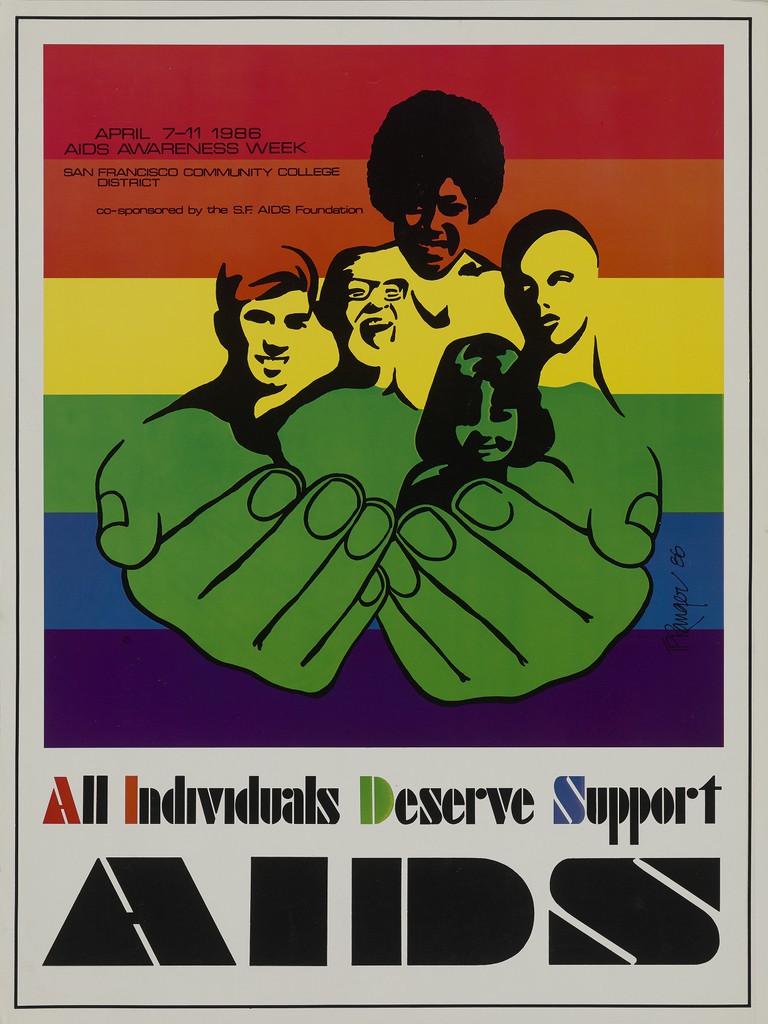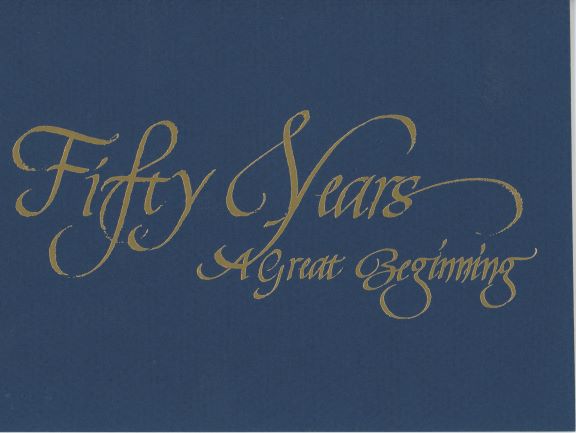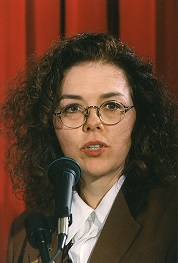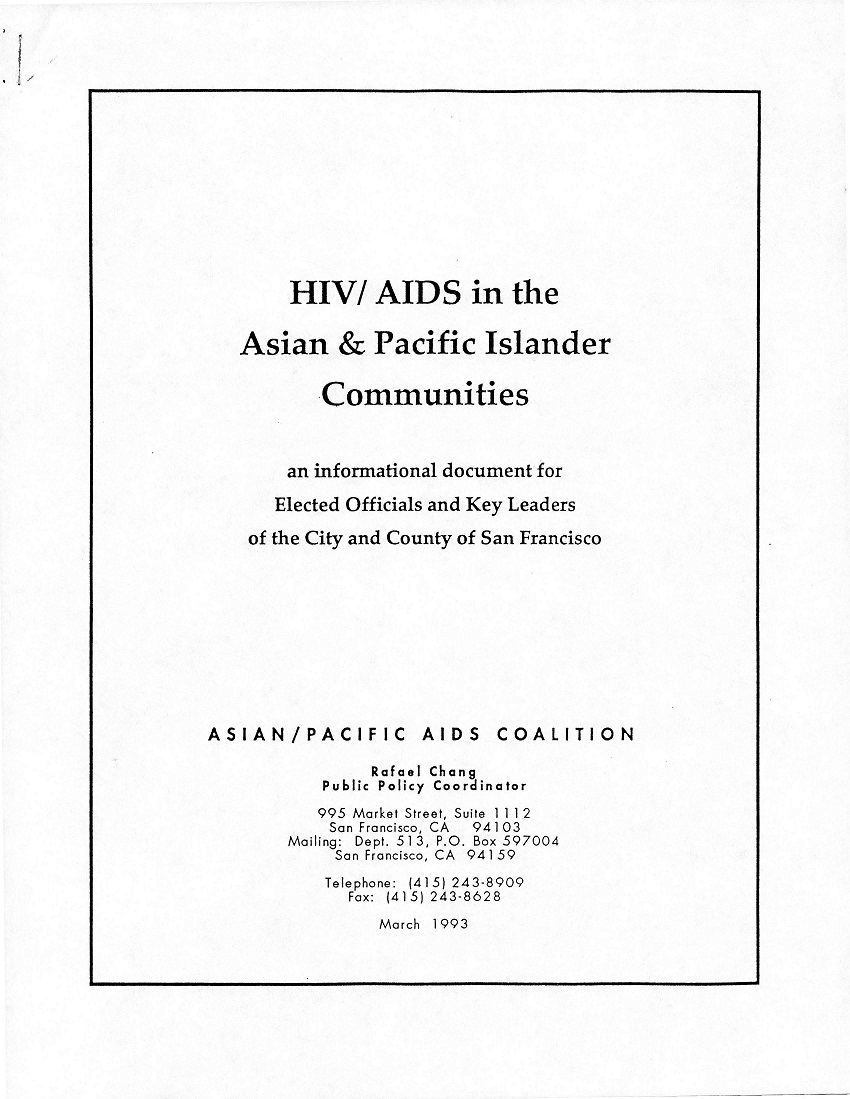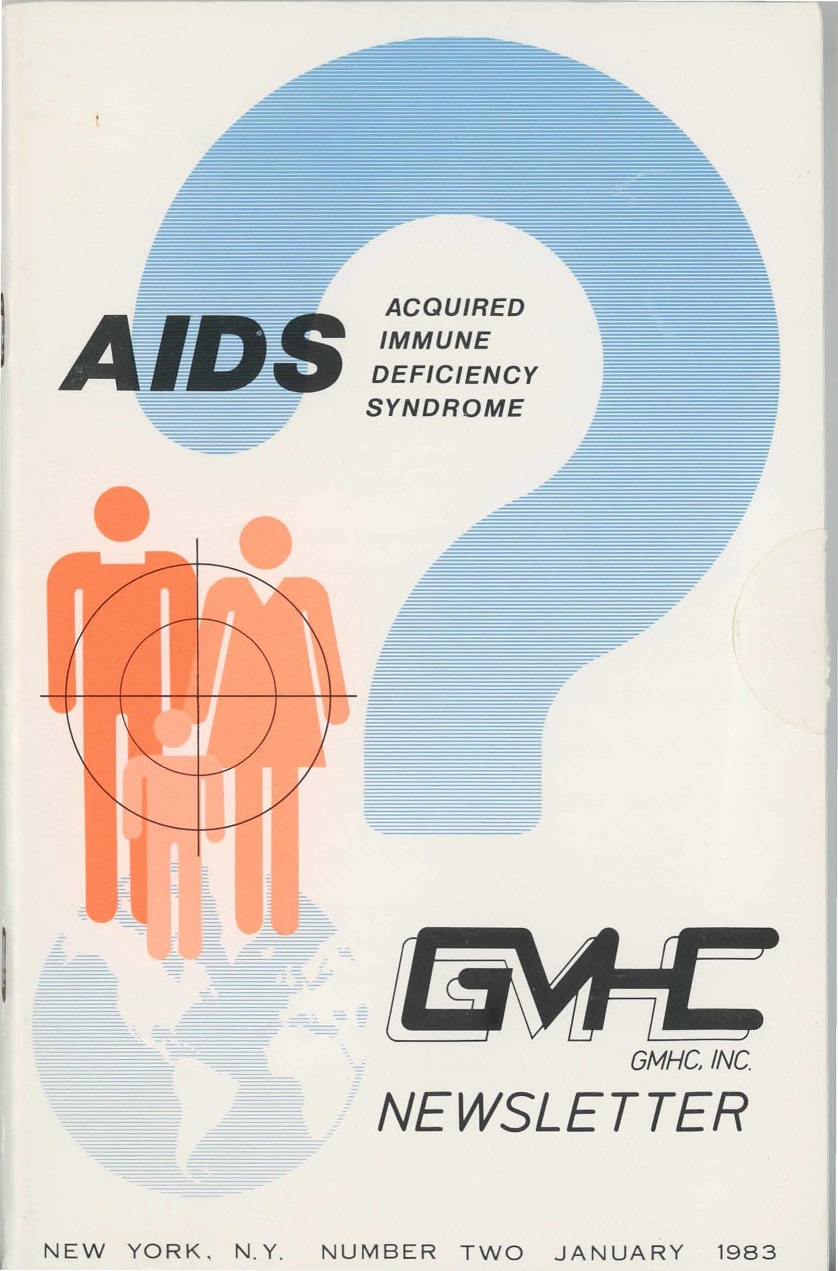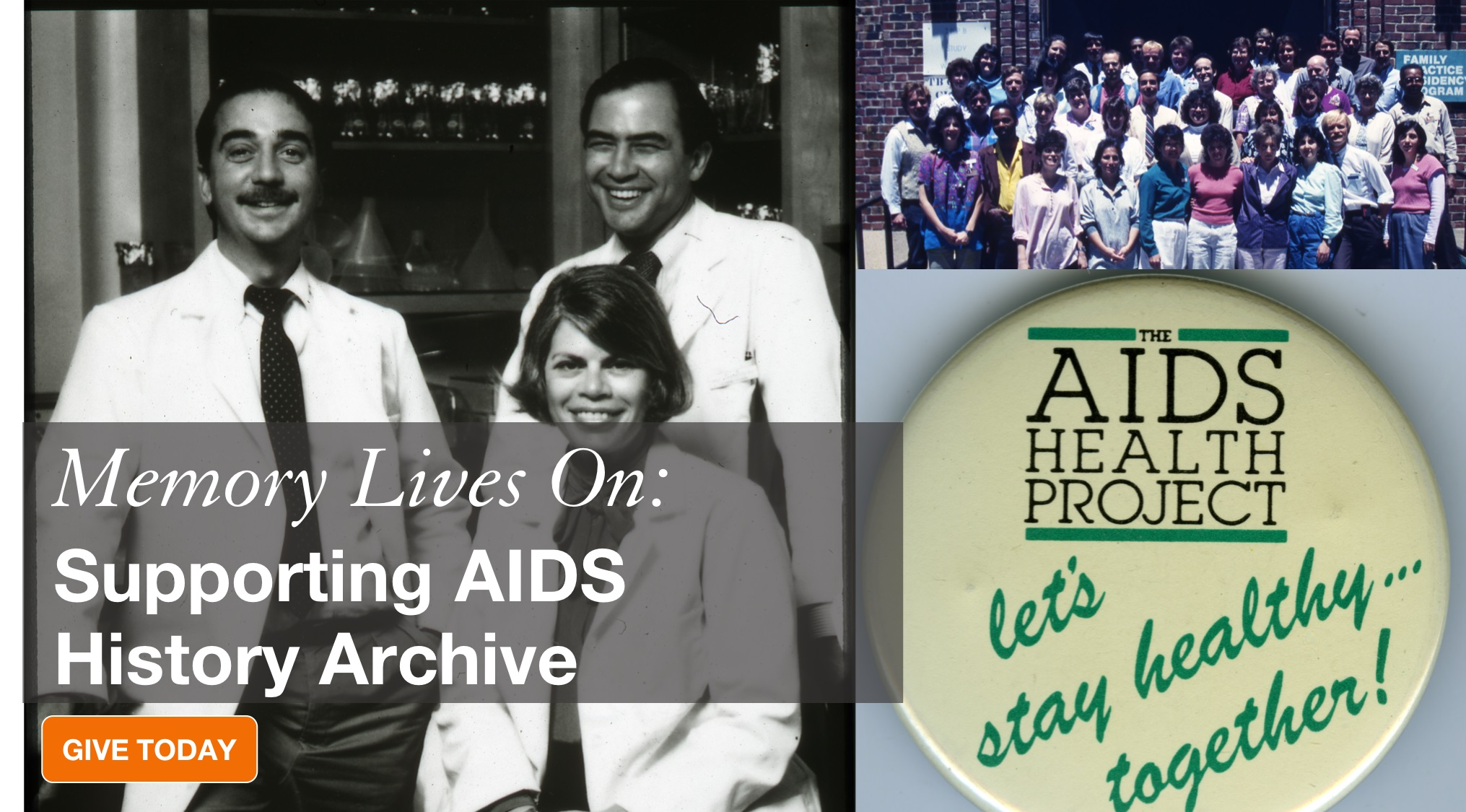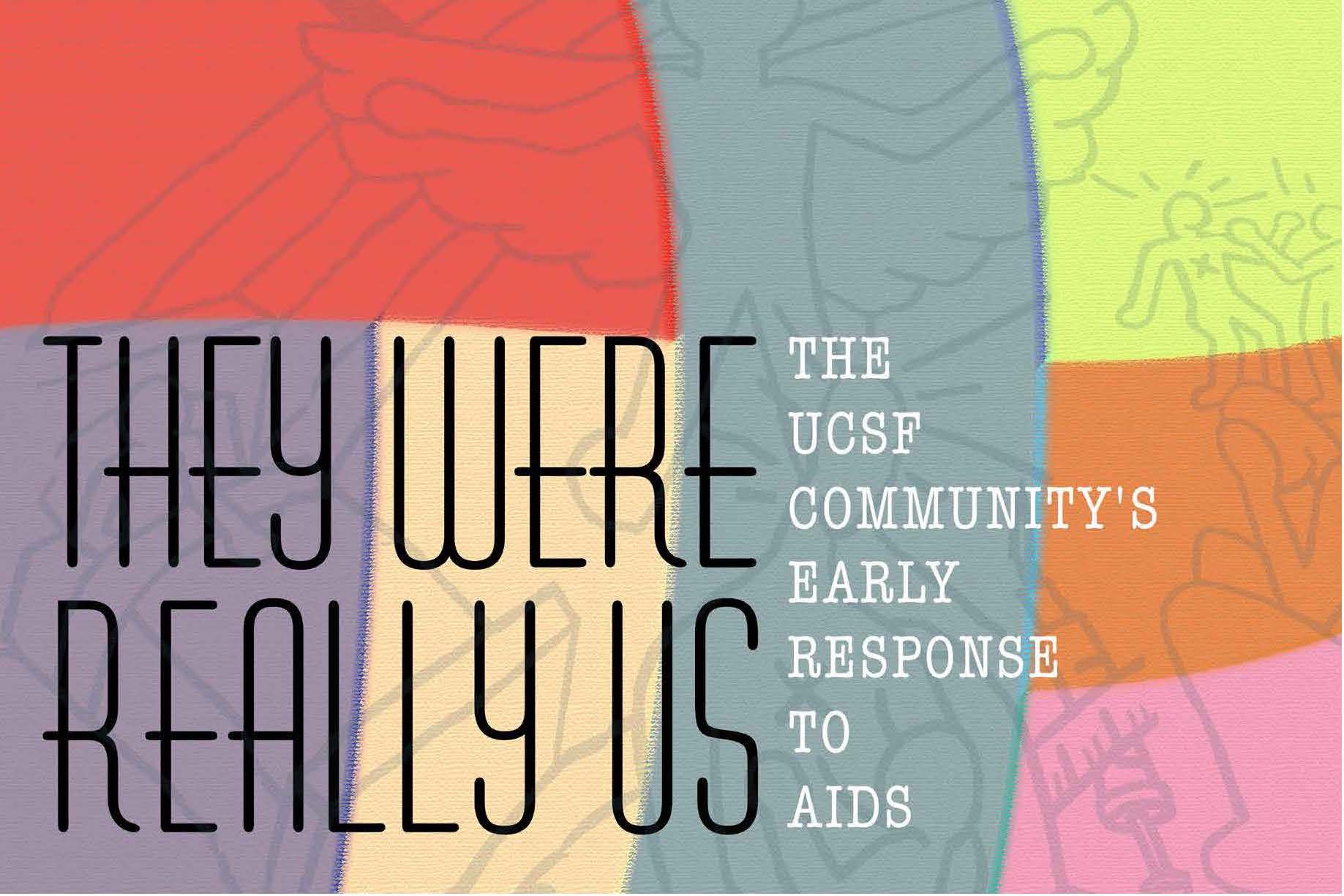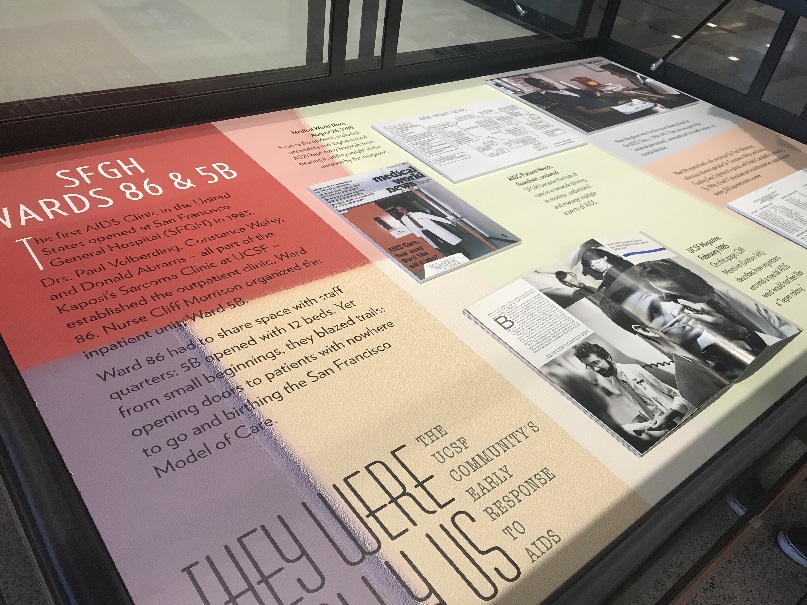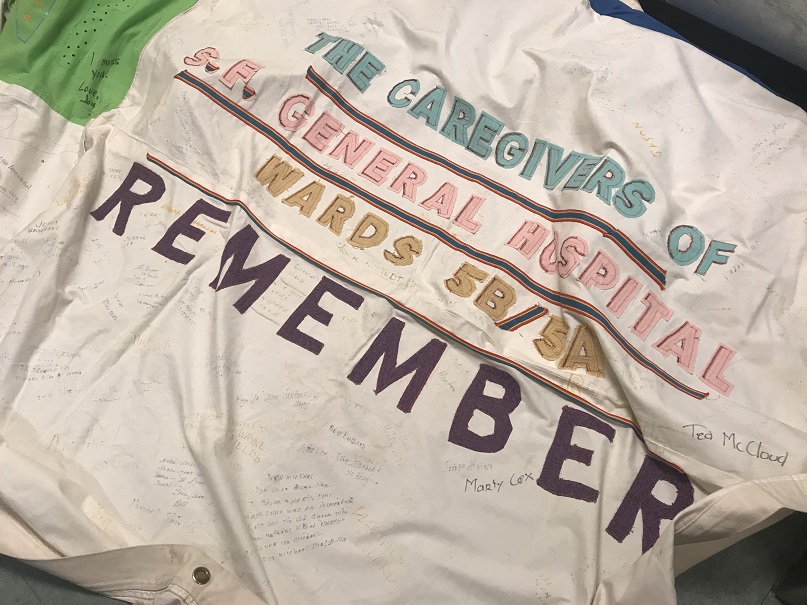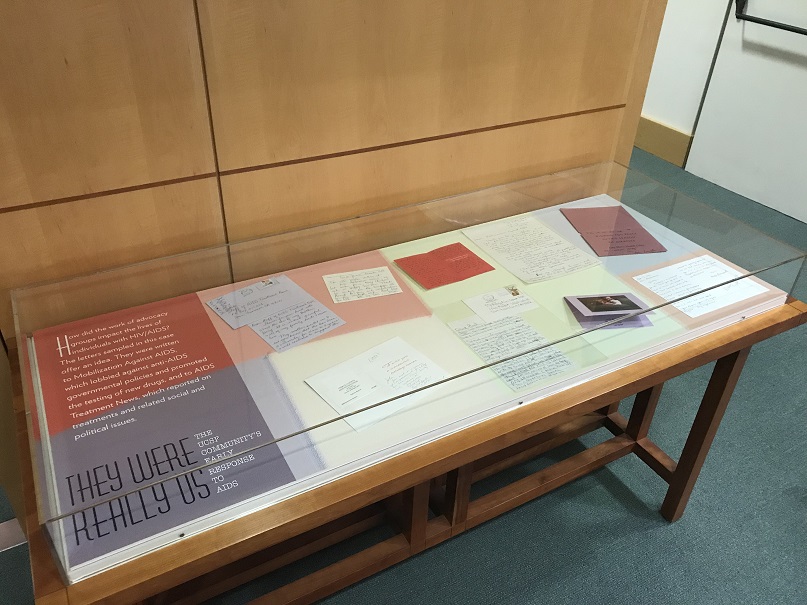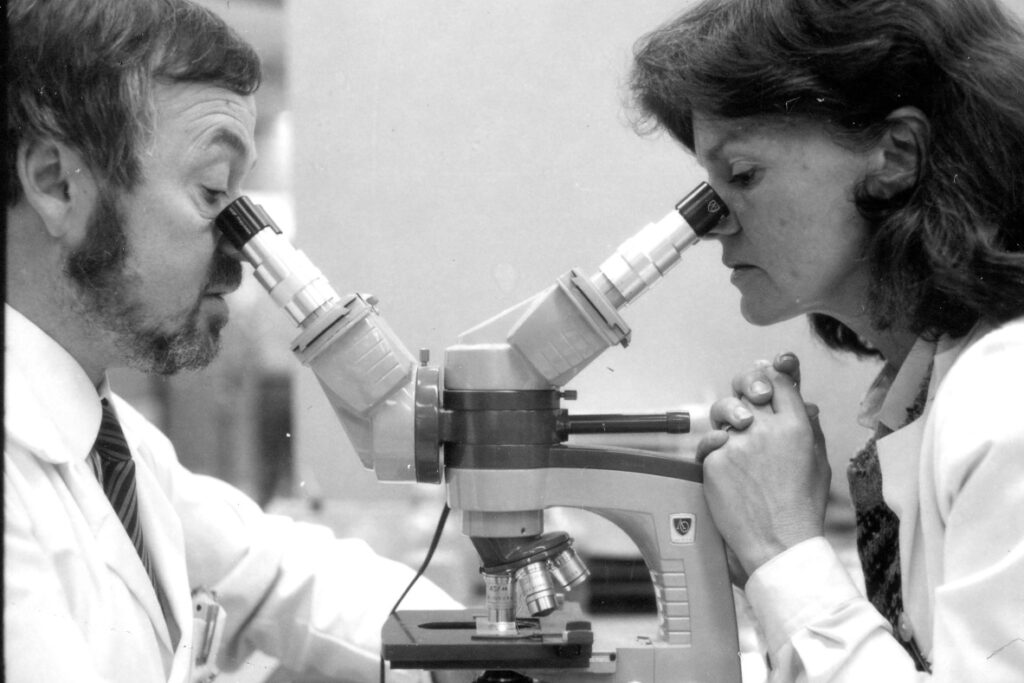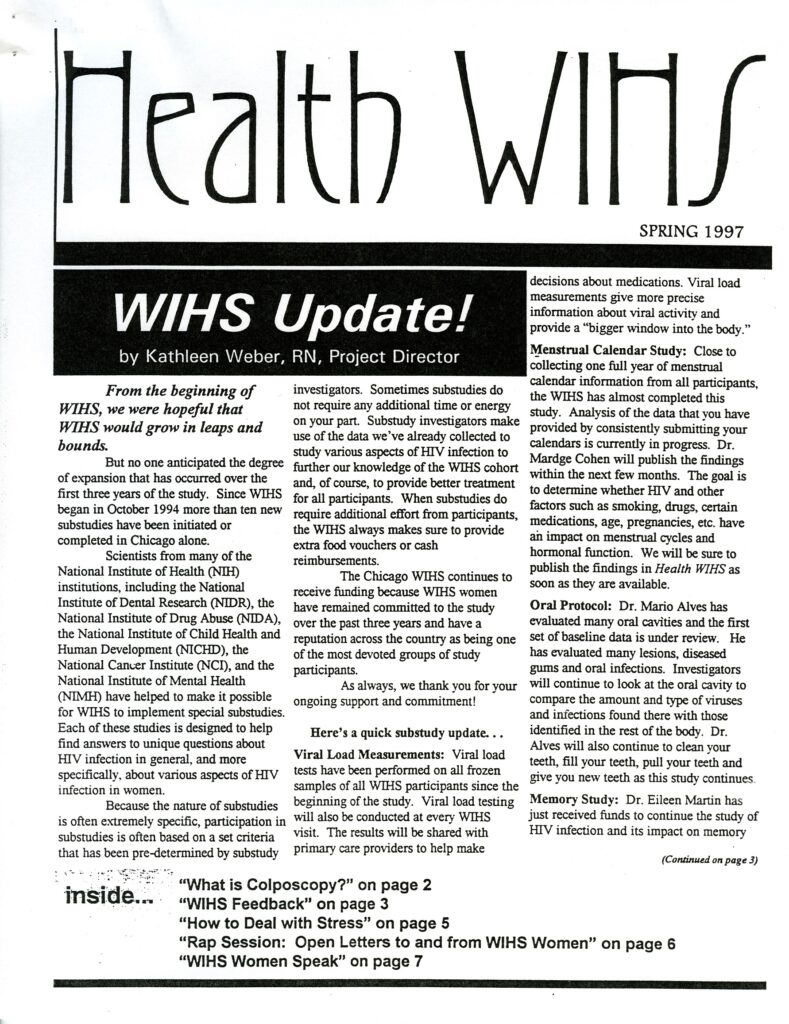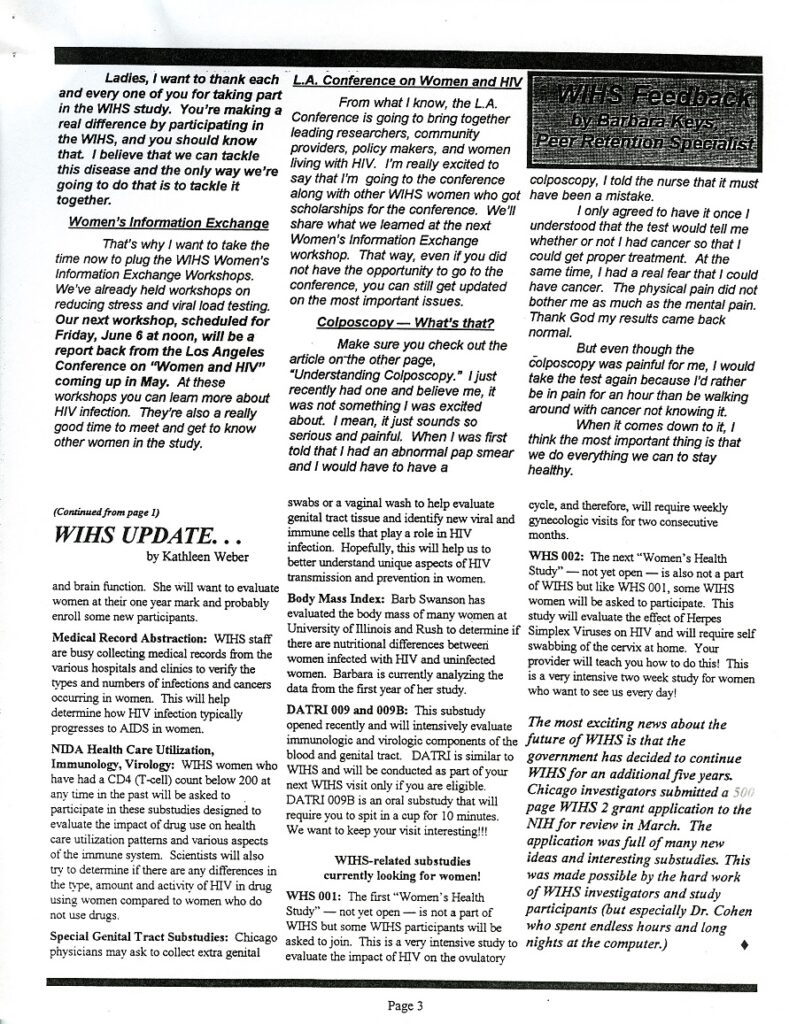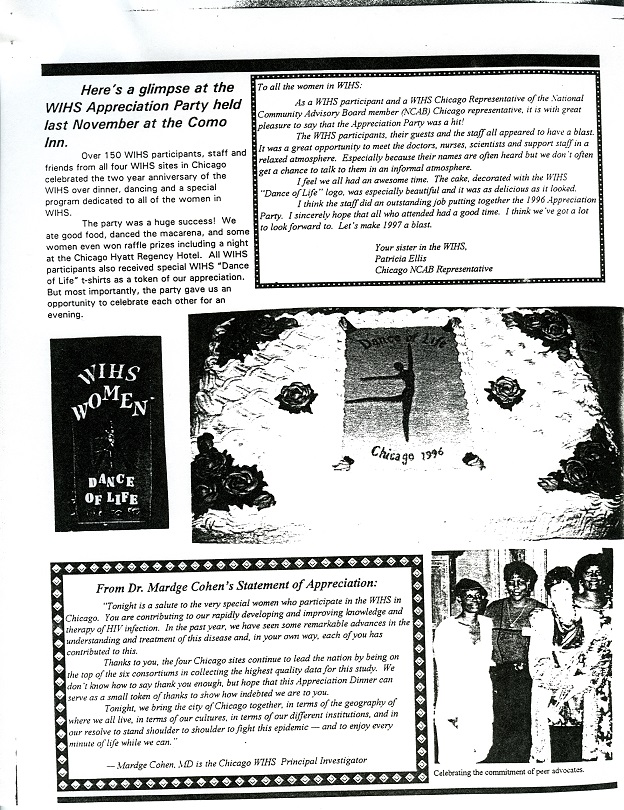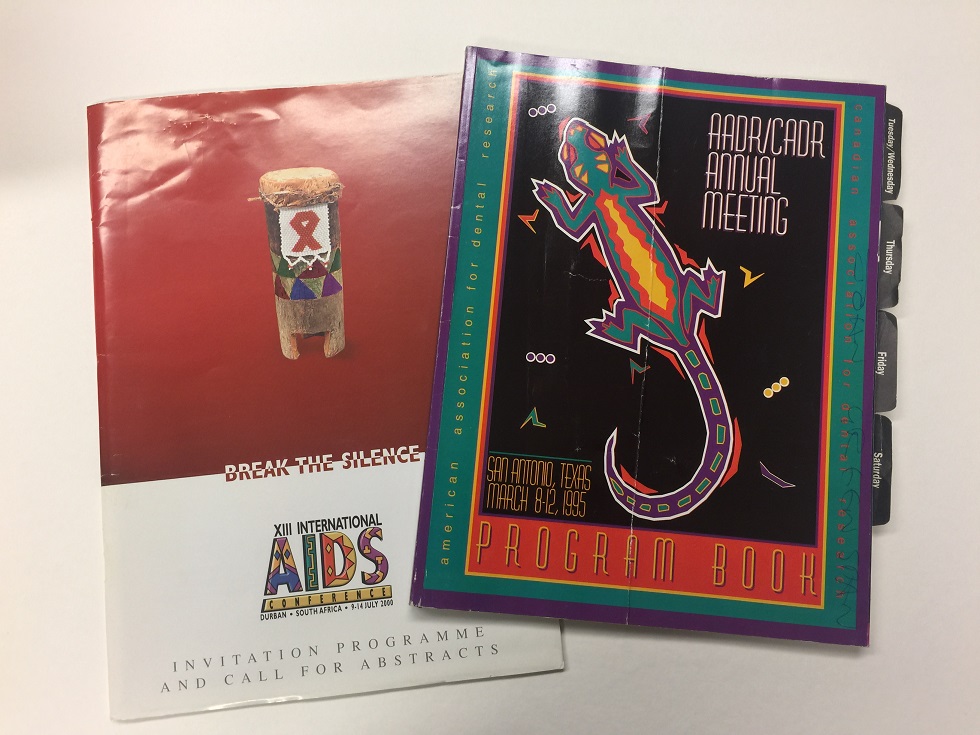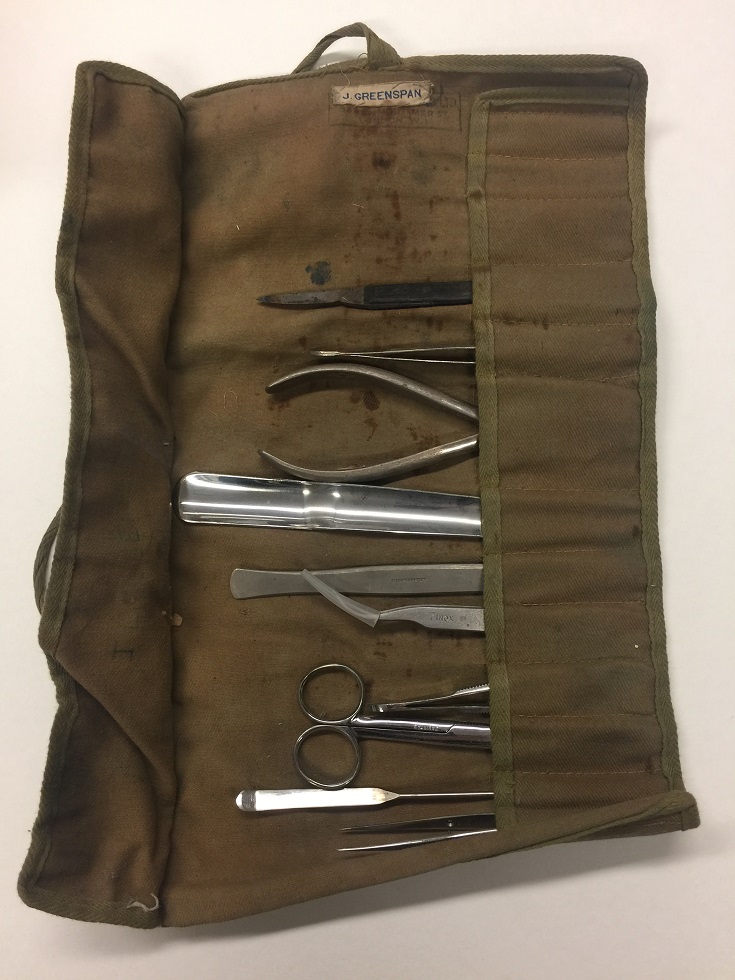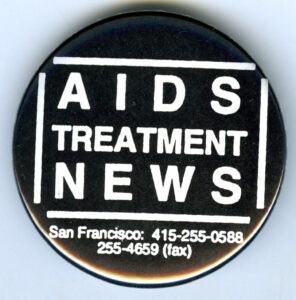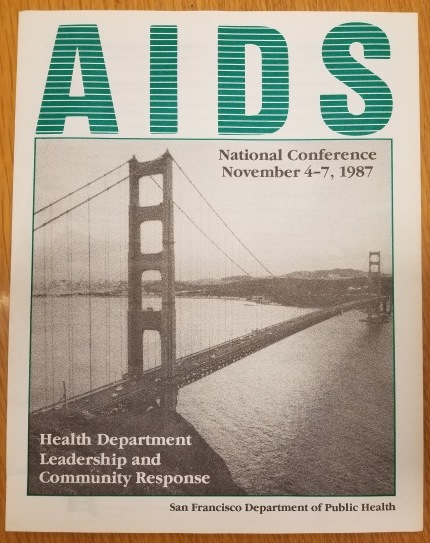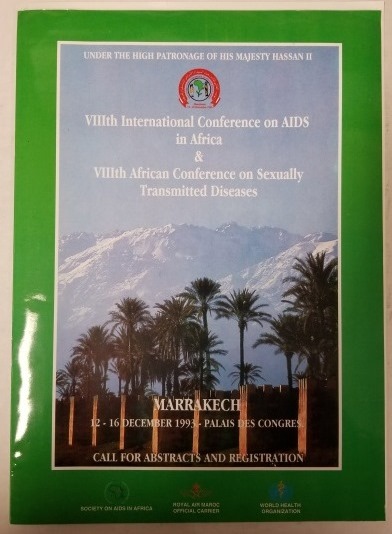By Erin Hurley, User Services & Accesioning Archivist
June 5, 1981 is widely known as the beginning of the AIDS epidemic in the United States because it was the day that the Center for Disease Control (CDC) published, in its Morbidity and Mortality Weekly Report (MMWR), the appearance of a cluster of diseases that would later come to be known as AIDS (Acquired Immune Difficiency Syndrome). The report, titled “Pneumocystis Pneumonia — Los Angeles,” was authored by five UCLA doctors: MS Gottlieb, MD, HM Schanker, MD, PT Fan, MD, A Saxon, MD, JD Weisman, DO, of the Division of Clinical Immunology-Allergy at the UCLA Medical Center. The article reports, “In the period October 1980-May 1981, 5 young men, all active homosexuals, were treated for biopsy-confirmed Pneumocystis carinii pneumonia at 3 different hospitals in Los Angeles, California.”[1] The primary author of this report, Doctor Michael S. Gottlieb – then 33 years old – made history as the person who discovered AIDS. UCSF Archives & Special Collections is pleased to house Dr. Gottlieb’s archives, which are now processed and available for the first time.
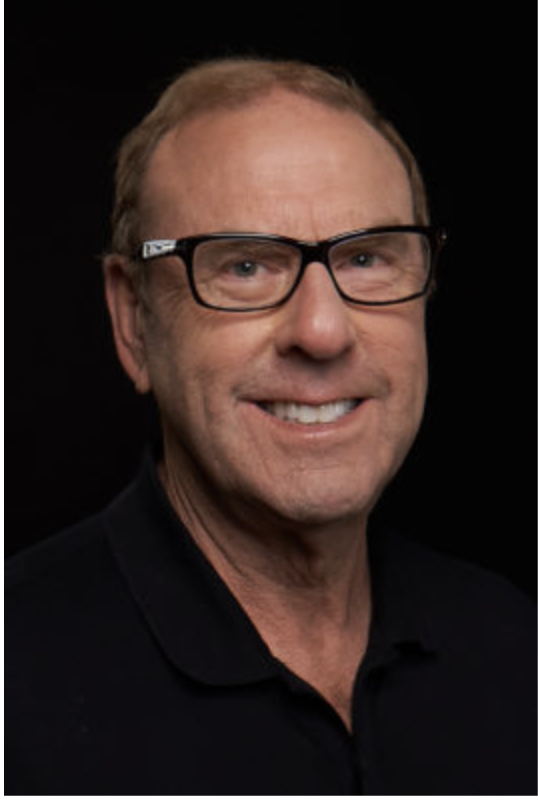
A record of his professional life and accomplishments, as well as the many honors and awards he received over the course of his career, the Michael S. Gottlieb papers contain published papers by Gottlieb and many others on AIDS-related topics. They also include information on various AIDS drug treatment studies (including AZT), professional and personal correspondence, and information about various talks and events attended by Gottlieb during the 1980s – a busy decade for him. They also document his prodigious philanthropic activities and AIDS advocacy.
Gottlieb figures prominently in this UCSF-generated timeline of the AIDS epidemic. The timeline, which begins with the 1981 MMWR report, notes that, in 1985, Rock Hudson – star of classic Hollywood films like Giant, All That Heaven Allows, and Written on the Wind – announced that he had AIDS and later died, becoming “the first major celebrity to succumb to the disease.”[1] Later that same year, the timeline reports, “The American Foundation for AIDS Research is founded with the help of movie star Elizabeth Taylor.” Gottlieb, who served as Rock Hudson’s physician from the time of his AIDS diagnosis to his death from the disease, was also one of the founding chairs of the American Foundation for AIDS Research, along with medical researcher Mathilde Krim and Taylor, who was a close friend of Hudson’s and his costar in Giant. The Foundation was established with a $250,000 gift from Hudson’s estate. The Gottlieb papers also contain a fascinating trove of letters, which he dubbed “Crazy letters,” that he received after becoming publicly associated with Hudson in newspapers and the press. The letters indicate a fascination with the disease, which was still very new and widely misunderstood by the world at large.
If you’re interested in checking out the Michael S. Gottlieb papers, you can consult the finding aid or the library catalog record for the collection. The papers were a gift from Michael Gottlieb.
[1]Center for Disease Control. (1981, June 5). Pneumocystis Pneumonia — Los Angeles. https://www.cdc.gov/mmwr/preview/mmwrhtml/june_5.htm
[2] Cisneros, Lisa. (2021, June 4). 40 Years of AIDS: A Timeline of the Epidemic. UCSF News. https://www.ucsf.edu/news/2021/06/420686/40-years-aids-timeline-epidemic

